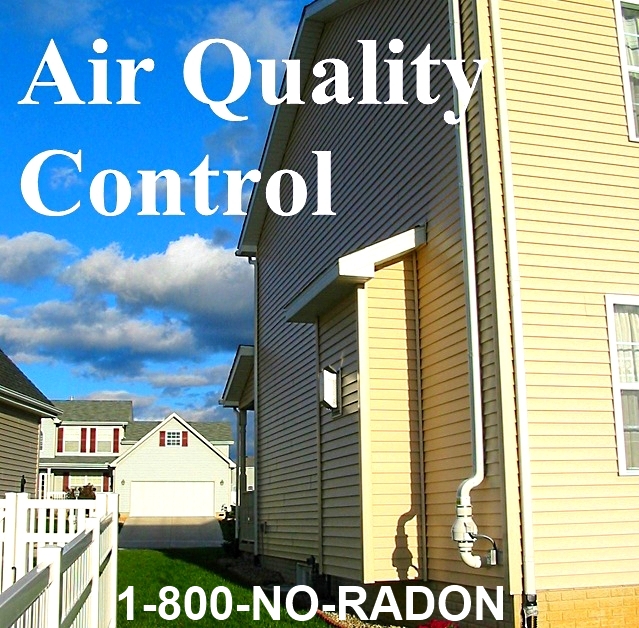


 October 24th, 2010 is Radon Awareness Week in The United States. The Centers for Disease Control and Prevention recommend radon testing for all homes, schools, and offices. "Radon gas causes over 20,000 deaths every year," states Jamey Gelina, Radon Remediation Specialist of Air Quality Control Agency. "Testing is easy and radon problems can be fixed" adds Mr. Gelina.
October 24th, 2010 is Radon Awareness Week in The United States. The Centers for Disease Control and Prevention recommend radon testing for all homes, schools, and offices. "Radon gas causes over 20,000 deaths every year," states Jamey Gelina, Radon Remediation Specialist of Air Quality Control Agency. "Testing is easy and radon problems can be fixed" adds Mr. Gelina. 

 October 17-24 is Radon Awareness Week. Take this opportunity to test your home for radon gas. Radon test kits are available by calling 1-800-NO-RADON.
October 17-24 is Radon Awareness Week. Take this opportunity to test your home for radon gas. Radon test kits are available by calling 1-800-NO-RADON.